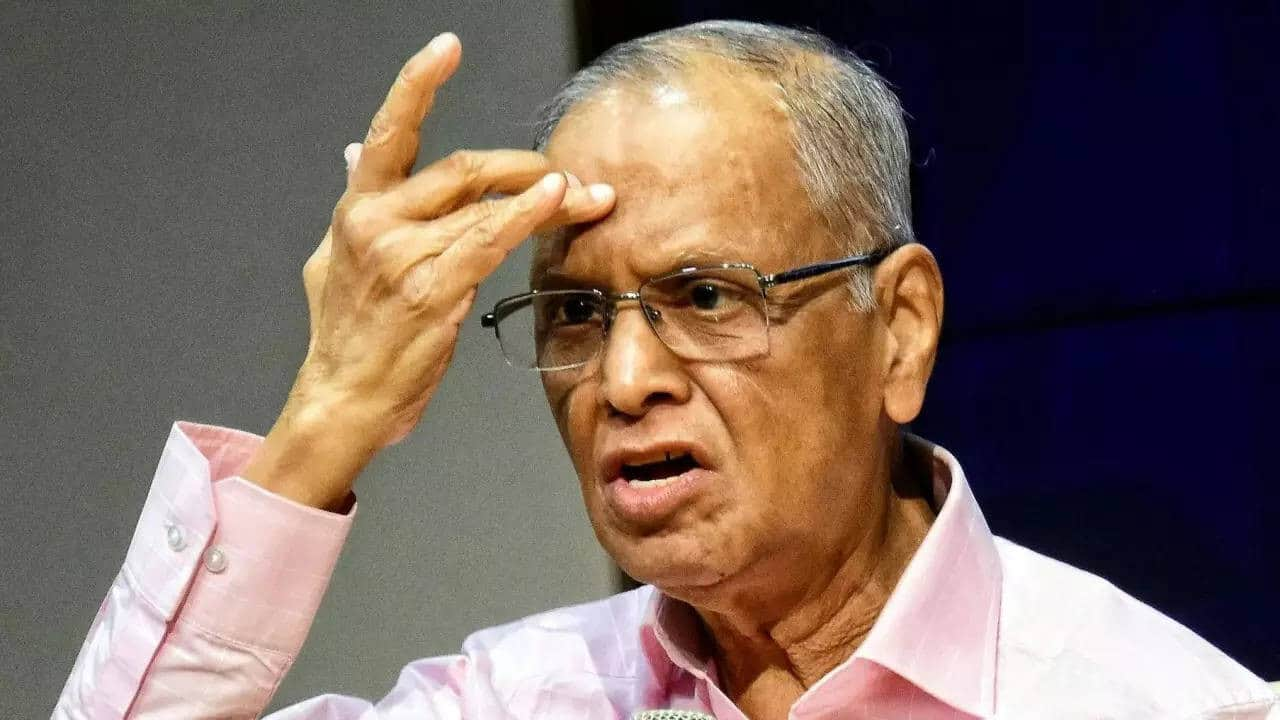
Narayana Murthy clarifies stance on 70-hour workweek, emphasizes personal introspection
What's the story
Infosys co-founder Narayana Murthy has clarified his controversial statement advising young professionals to work 70 hours per week. Speaking at the IMC Chamber of Commerce and Industry, he emphasized that no one can impose long working hours on others. Instead, it's a matter of personal introspection and understanding its necessity. "These are not issues that should be discussed and debated," he said.
Personal experience
Murthy's work ethic: A 70-hour week for over 4 decades
Murthy also shared his own work routine during his time at Infosys, revealing that he worked over 70 hours every week for about 40 years. "I can say that I used to get to the office at 6:30am and leave at 8:30pm that's a fact," he said.
Work-life balance
Perspective on work-life balance and individual choice
Murthy touched upon the issue of work-life balance. He said these are issues for people to introspect on, ingest, and draw their own conclusions. "There is nobody who can say you should do it, you should not do it," he said. This comes amid an intensified debate on long working hours, further exacerbated by Larsen & Toubro Chairman S N Subrahmanyan's recent suggestion for employees to work 90 hours per week.
Societal responsibility
View on work ethics and societal impact
Murthy feels that individual work choices should take into account how they may affect society, especially underprivileged children. "That child can only be better off if I work hard, if I work smart, if I produce more revenue, if I pay more taxes," he said. He also pointed out that 60% of Indians still depend on free food grains every month, showing how poverty persists despite India's economic growth.
Corporate ethics
Stance on capitalism and corporate greed
Murthy was worried about corporate greed eroding public faith in capitalism and urged his fellow business leaders to fix it. "Compassionate capitalism is about fairness, transparency, integrity, accountability and putting the interest of the society ahead of one's own interest," he said. He also said corporations can't flourish in failing societies, stressing on compassionate capitalism's necessity for the survival of the rich, powerful and their descendants.